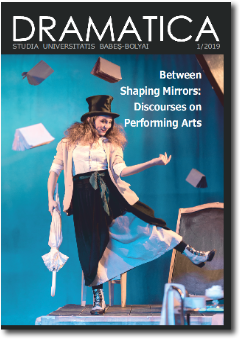THE SOCIO-POLITICAL IMPLICATIONS OF THE 20TH CENTURY NARRATIVES ON INDIAN DANCES
THE SOCIO-POLITICAL IMPLICATIONS OF THE 20TH CENTURY NARRATIVES ON INDIAN DANCES
Author(s): Sindhuja SuryadevaraSubject(s): Theatre, Dance, Performing Arts, Fine Arts / Performing Arts, Sociology of Art, History of Art
Published by: Studia Universitatis Babes-Bolyai
Keywords: Classical; Kūcipūḍi; Nationalism; Culture; Tradition; Identity;
Summary/Abstract: From mentions of dance in treatises as old as 2nd century to regional variations around 13th century to the 20th century - dance has travelled, traversed and evolved. When the agenda of Nationalism was in vogue during pre and post-independence periods, there was a necessity to produce something unique to the nation and make a point about its rich heritage. Dance was one effective medium that served as a cultural symbol. This very notion modified the course of dance, its form and structure. The ancient practices were modified and tailor-made to suit agendas of the time and popular choices. This paper attempts to understand this phenomenon of how the socio-political ideologies have affected the Indian classical dances. The focus would be on the political affiliations specific to the Kūcipūḍi form of dance.
Journal: Studia Universitatis Babes-Bolyai - Dramatica
- Issue Year: 64/2019
- Issue No: 1
- Page Range: 99-108
- Page Count: 10
- Language: English

